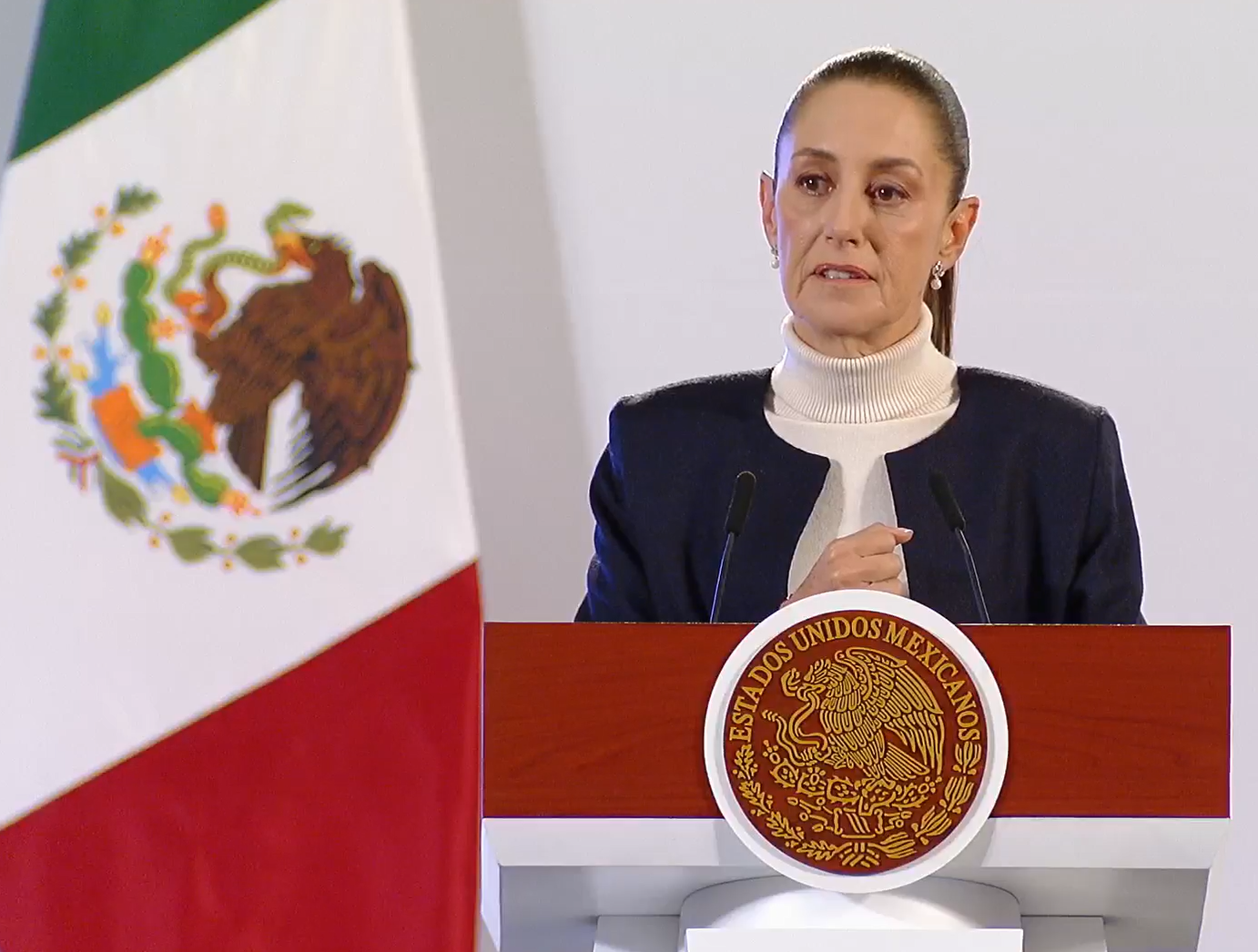Sheinbaum’s National Security Strategy, Storm Aftermaths, and Political Updates
President Sheinbaum's administration unveiled a new National Security Strategy, addressed hurricane responses in Yucatan and Acapulco, reaffirmed judicial reforms, and announced key appointments.

In a comprehensive briefing, President Claudia Sheinbaum and her cabinet laid out a range of priorities from bolstering national security and addressing the impacts of recent hurricanes to advancing judicial reforms and announcing key political appointments. As Mexico continues to navigate a complex political and environmental landscape, the government remains focused on protecting its citizens while pursuing significant structural reforms.
At the forefront of the briefing, the Secretary of Security and Citizen Protection, Omar García Harfuch, unveiled the National Security Strategy of President Claudia Sheinbaum’s administration. While Sheinbaum's security plan incorporates many of the policies from her predecessor, Andrés Manuel López Obrador (AMLO), there is a noticeable shift towards enhancing intelligence and law enforcement capacity.




